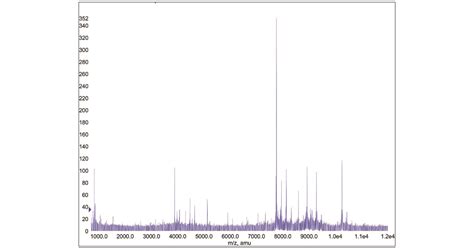The field of proteomics has been rapidly evolving over the past few decades, and its impact on clinical practice is becoming increasingly significant. Proteomics, the study of proteins and their interactions, has the potential to revolutionize disease diagnosis, treatment, and prevention. In this article, we will explore the role of proteomics in clinical practice and how it is changing the way we approach healthcare.
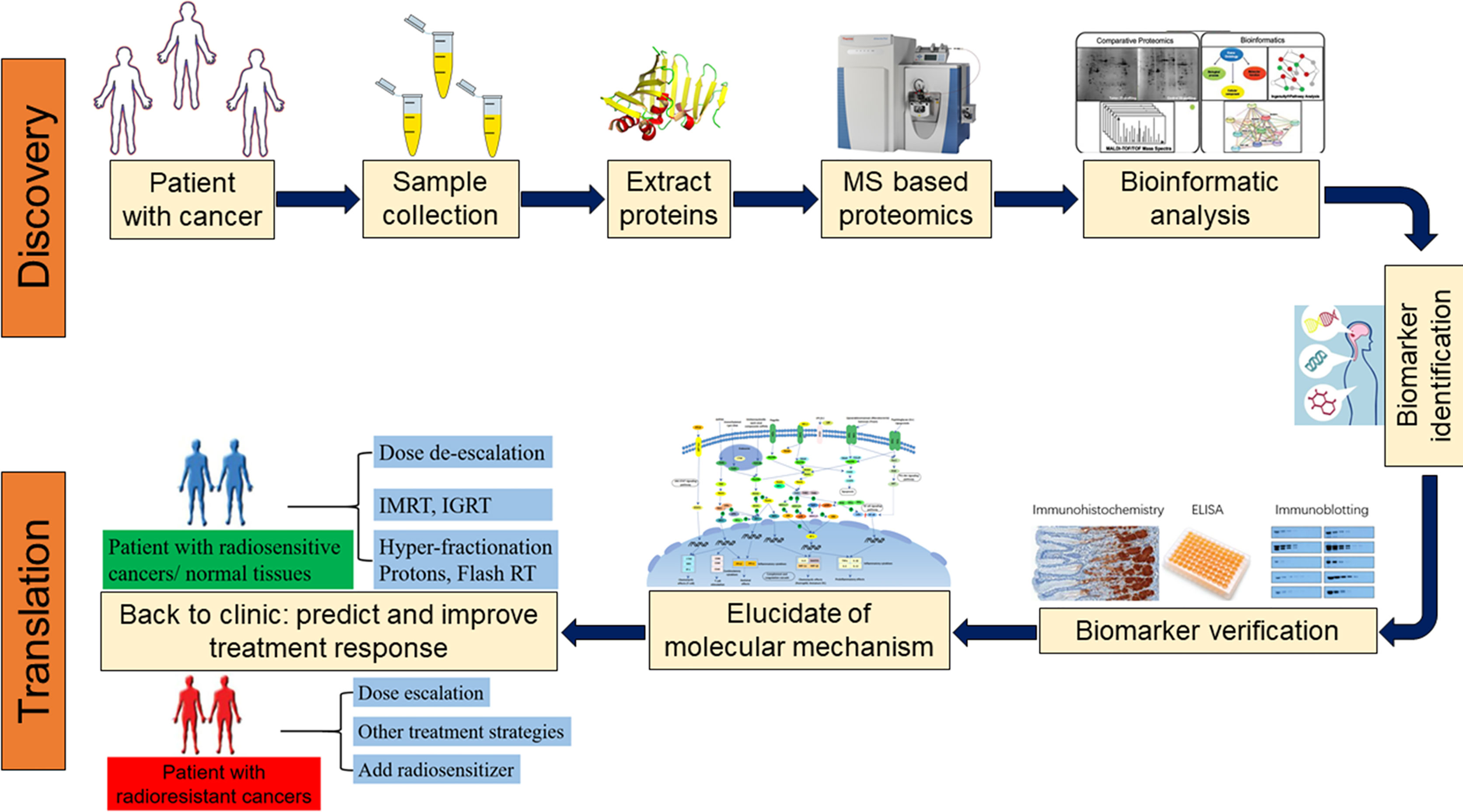
Proteomics has several advantages over traditional diagnostic methods, including its ability to detect subtle changes in protein expression and function. This allows for the early detection of diseases, even before symptoms appear. Additionally, proteomics can provide valuable insights into the underlying mechanisms of disease, enabling the development of targeted therapies.
What is Proteomics?
Proteomics is the study of proteins, including their structure, function, and interactions. It involves the analysis of proteins in a biological sample, such as blood or tissue, to identify and quantify the different proteins present. This information can be used to understand how proteins contribute to various biological processes, including disease.
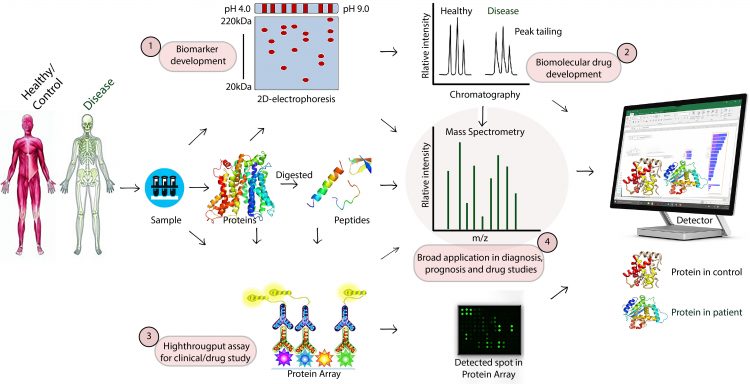
Proteomics involves several key steps, including protein extraction, separation, identification, and quantification. These steps are typically performed using a range of technologies, including mass spectrometry, chromatography, and electrophoresis.
Applications of Proteomics in Clinical Practice
Proteomics has a wide range of applications in clinical practice, including disease diagnosis, biomarker discovery, and personalized medicine.
Disease Diagnosis
Proteomics can be used to diagnose diseases, including cancer, neurological disorders, and infectious diseases. By analyzing the proteins present in a biological sample, proteomics can provide valuable insights into the underlying mechanisms of disease.
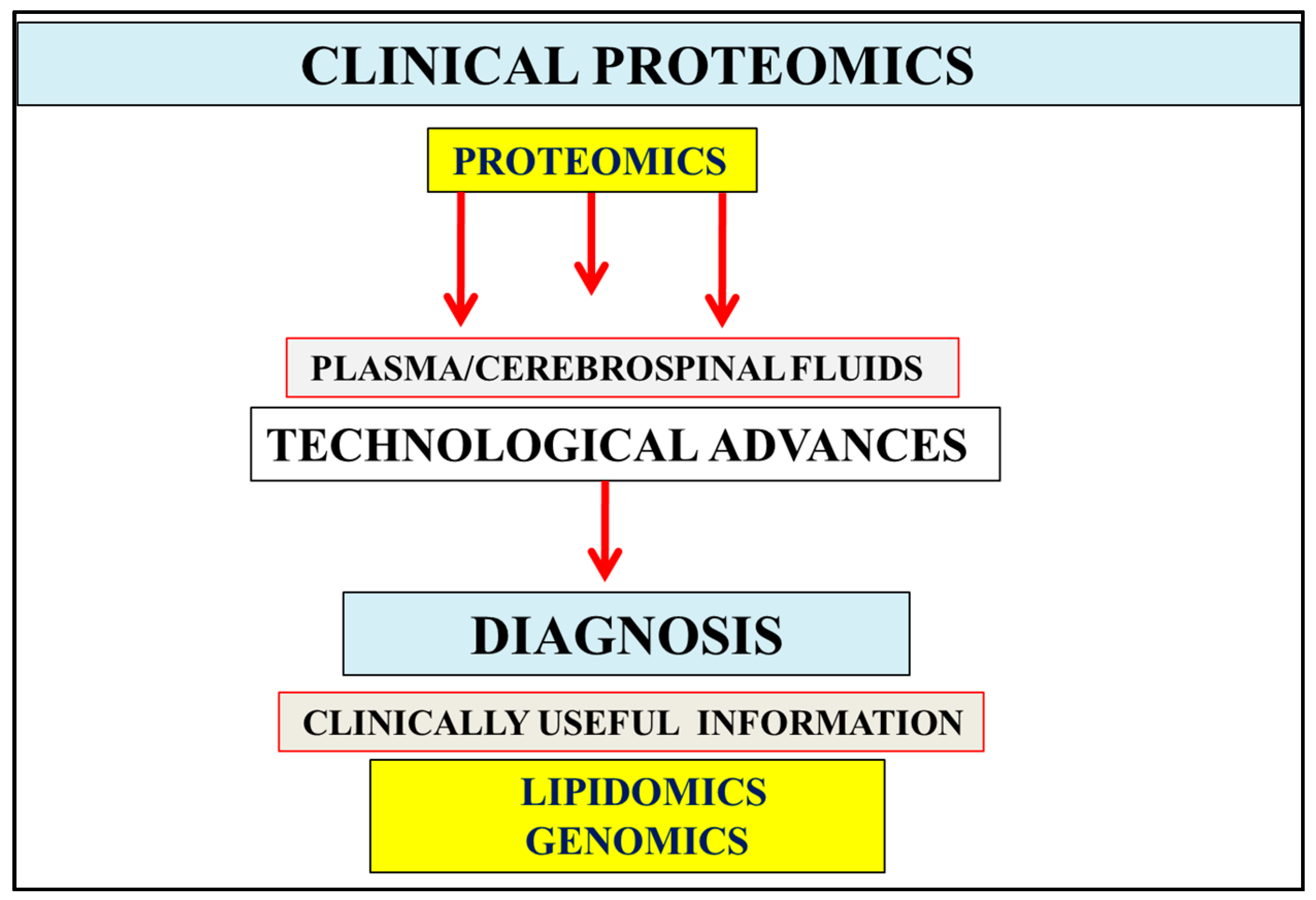
For example, proteomics can be used to detect biomarkers for cancer, such as the protein HER2, which is associated with breast cancer. By detecting these biomarkers, proteomics can help diagnose cancer at an early stage, when it is more treatable.
Biomarker Discovery
Biomarkers are proteins or other molecules that can be used to diagnose or monitor a disease. Proteomics can be used to discover new biomarkers, which can be used to develop more accurate and sensitive diagnostic tests.
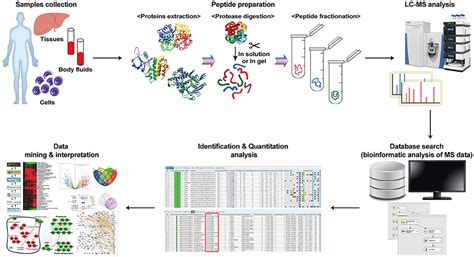
For example, proteomics has been used to discover biomarkers for Alzheimer's disease, including the protein tau. By detecting these biomarkers, proteomics can help diagnose Alzheimer's disease at an early stage, when treatment is more effective.
Personalized Medicine
Personalized medicine involves tailoring treatment to an individual's unique genetic and molecular profile. Proteomics can be used to develop personalized treatment plans, by analyzing an individual's protein expression and function.
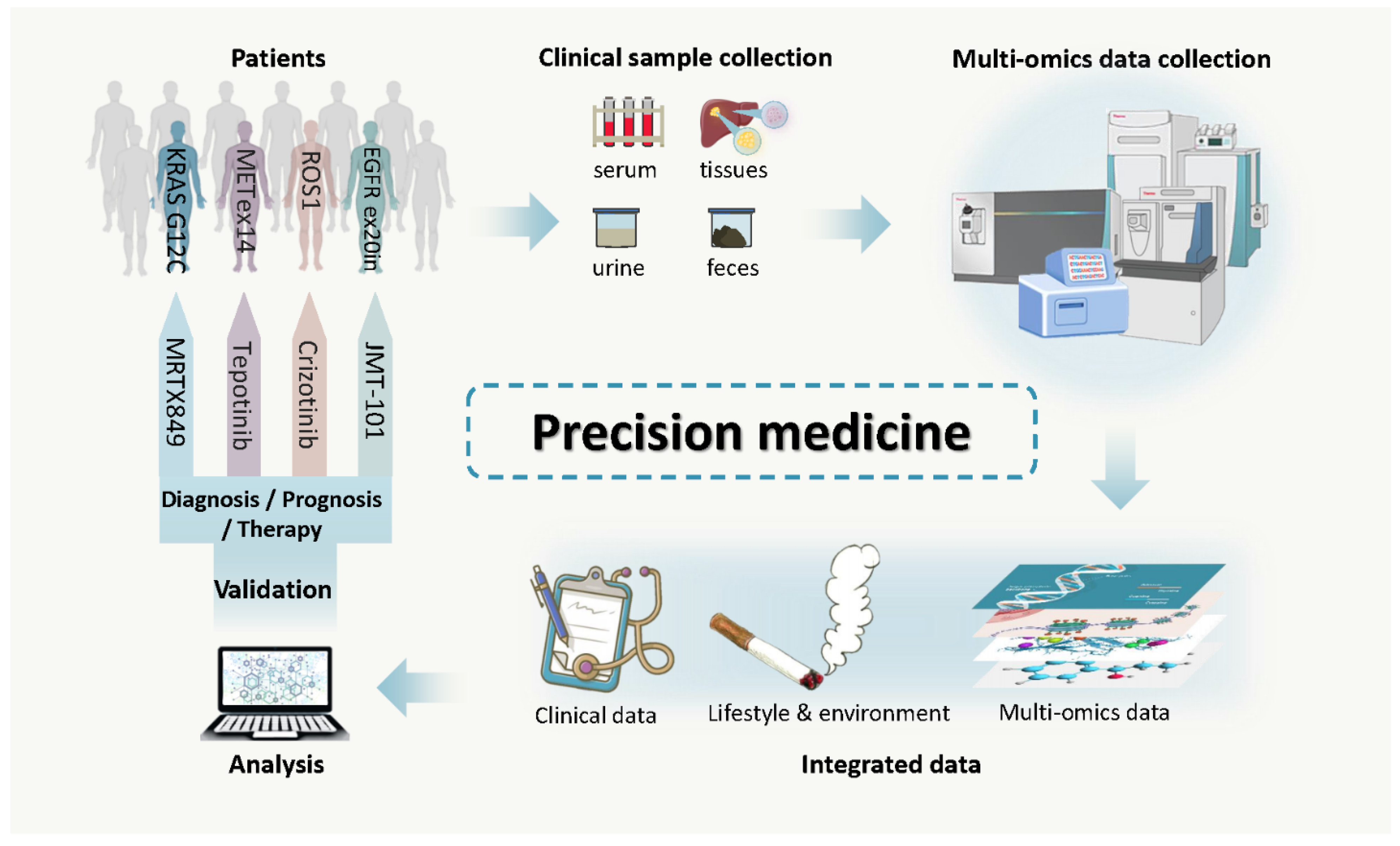
For example, proteomics can be used to develop personalized treatment plans for cancer, by analyzing an individual's protein expression and function. This can help identify the most effective treatment options and reduce the risk of side effects.



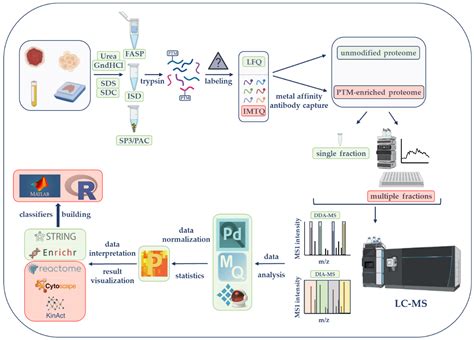


Challenges and Future Directions
While proteomics has the potential to revolutionize disease diagnosis and treatment, there are several challenges that need to be addressed. These include the complexity of biological systems, the need for standardized methods and protocols, and the requirement for large amounts of data.

To address these challenges, researchers are developing new technologies and methods, such as mass spectrometry and machine learning algorithms. Additionally, there is a need for increased collaboration and standardization across the field, to ensure that proteomics is used effectively in clinical practice.
What is proteomics?
+Proteomics is the study of proteins, including their structure, function, and interactions.
How is proteomics used in clinical practice?
+Proteomics is used in clinical practice for disease diagnosis, biomarker discovery, and personalized medicine.
What are the challenges facing proteomics?
+The challenges facing proteomics include the complexity of biological systems, the need for standardized methods and protocols, and the requirement for large amounts of data.
In conclusion, proteomics has the potential to revolutionize disease diagnosis and treatment. By analyzing proteins and their interactions, proteomics can provide valuable insights into the underlying mechanisms of disease, enabling the development of targeted therapies. While there are several challenges facing proteomics, researchers are developing new technologies and methods to address these challenges and ensure that proteomics is used effectively in clinical practice.
